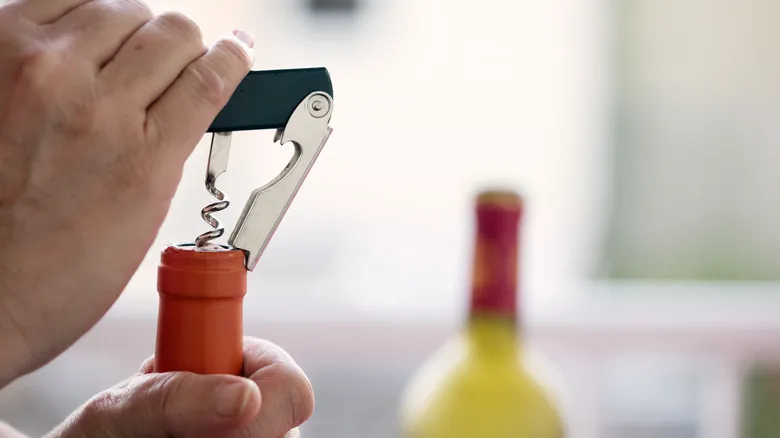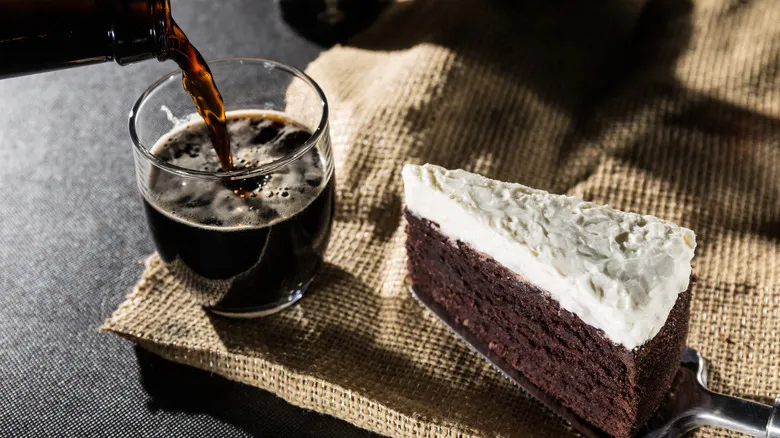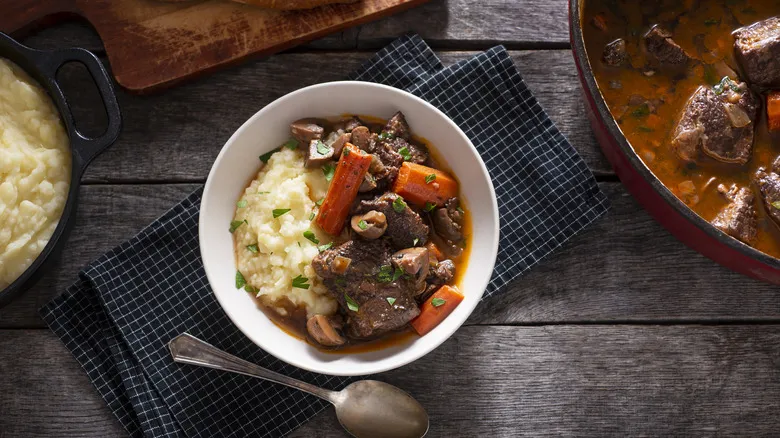How to keep white wine fresh after opening

Whether you're purchasing a high-end bottle or a budget-friendly wine from Costco, the last thing you want is for it to spoil before you finish it. Luckily, there are several techniques to help maintain the quality of your white wine after it's been opened.
First and foremost, make sure to re-cork your wine as quickly as possible. This will minimize the amount of air that enters the bottle. Avoid leaving a bottle out unless you're certain you'll finish it. When it's time to store your wine, the refrigerator is the ideal spot, as its cool, dark environment helps slow down the deterioration process.
There are also specialized wine preservation tools, such as Vacu Vin, which vacuum seal wine bottles by removing air to extend freshness. This method can keep white wine fresh for up to two weeks. Similarly, brands like Coravin provide toppers that penetrate the cork without removing it, allowing you to pour wine without exposing it to oxygen. With this system, wine can remain good for up to four weeks.
Alternatively, you can use a red wine storage trick to preserve your white wine by decanting it into a smaller bottle. This is beneficial because smaller bottles have less air space, reducing oxygen exposure during storage. While it may be challenging to find half bottles or splits at regular supermarkets, many specialty liquor stores typically stock them.
Creative ways to use leftover white wine

If you have white wine that has passed its peak or is unlikely to be finished, don’t just throw it away! There are many inventive ways to utilize leftover white wine, ensuring it doesn’t go to waste. For starters, white wine is excellent for cooking, as the alcohol enhances the flavors of other ingredients. If your leftover white wine is still good, consider using it to braise meats and vegetables, deglaze your pan after sautéing, or poach fruits and fish. Its acidity also makes it effective in marinades, helping to tenderize meat. Alternatively, you can whip up a creamy white wine sauce for pasta that pairs beautifully with seafood.
On the other hand, if the wine has spoiled, it’s not suitable for cooking, but it can still be quite handy. Surprisingly, white wine is effective for cleaning. A study from Oregon State University in 2002 (reported by Wine Spectator) found it to be a good disinfectant, and a 2020 study from Croatia revealed that white wines exhibit antimicrobial properties. This makes it a great choice for wiping down surfaces, as long as they aren’t porous materials like granite, which can be damaged over time. Additionally, white wine can help remove red wine stains and often outperforms some commercial cleaners.
Recommended

What Makes Muscadine Wine Different From Moscato?

What's The Best Beer To Pair With Chocolate Desserts?

The Absolute Best Sour Beers For Cider Drinkers

The Best Type Of Wine To Use For A Flavorful Beef Bourguignon
Next up

